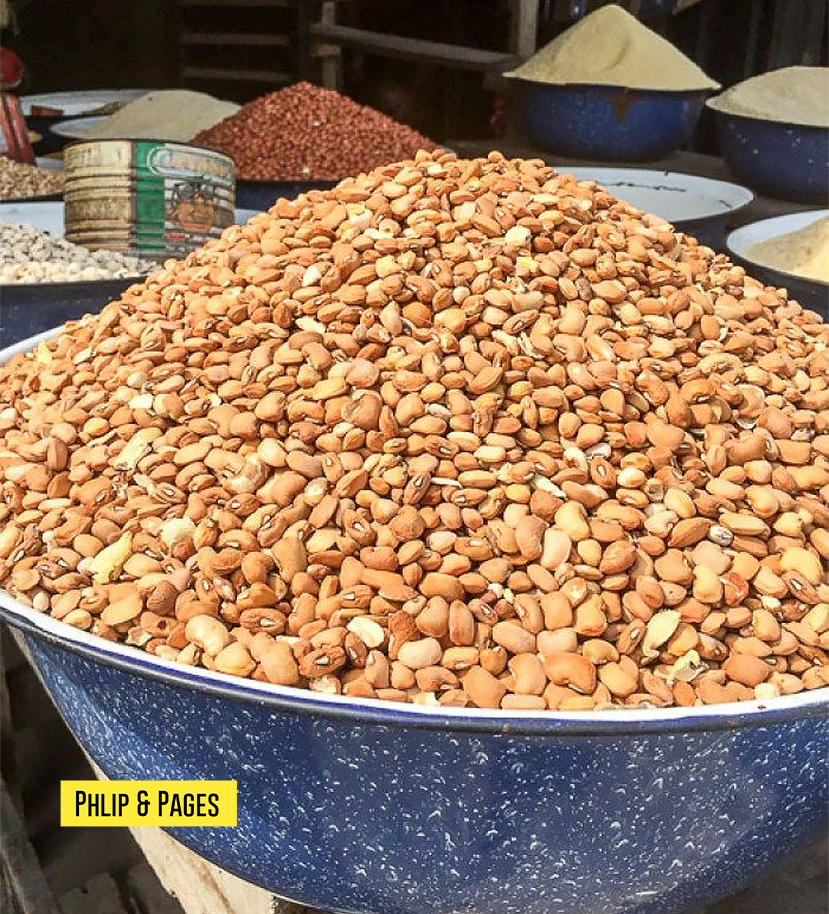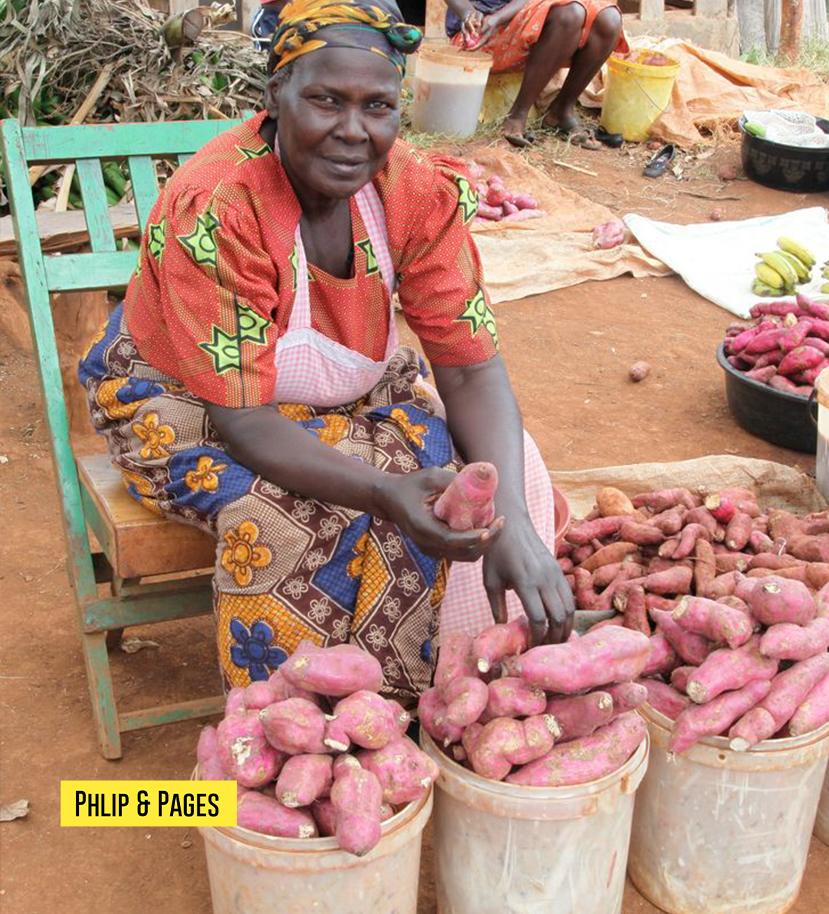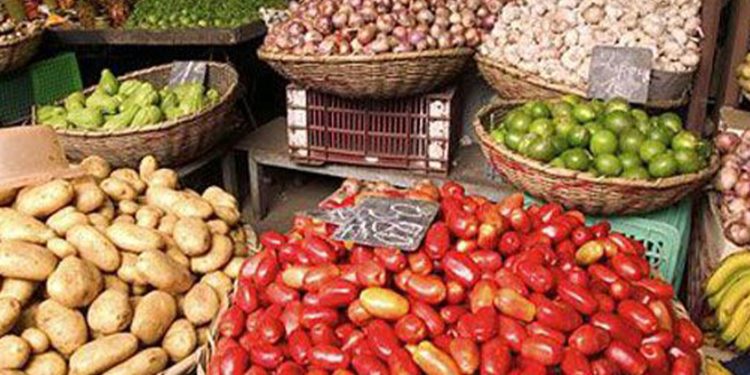Author: philip
A dire food crisis looms over Nigeria, with forecasts indicating that up to 82 million people could face hunger soon, according to a recent warning from the United Nations. Historically plagued by food inflation averaging 13.42%, Nigeria faces escalating challenges exacerbated by climate change, erratic water patterns, and pest infestations affecting agricultural productivity.

Recent reports highlight alarming statistics: approximately 2.6 million people in specific states could confront severe food shortages between June and August 2024. Moreover, a Cadre Harmonisé analysis revealed that 4.8 million individuals in Borno, Adamawa, and Yobe states are currently experiencing acute food insecurity, the highest in seven years.
Experts underscore climate change as a primary driver behind Nigeria’s high hunger rates, significantly impacting smallholder farmers who struggle with irregular rainfall and inadequate irrigation. Tobi Awolope, an agricultural economist, stresses the urgent need for government intervention, including subsidies for production inputs and technology adoption to bolster farmer resilience.

Meanwhile, stakeholders emphasize the pivotal role of science, technology, and innovation in advancing agricultural development. Dr. Adepoju Mathew of the National Space Research and Development Agency underscores the importance of these tools in enhancing food security amidst burgeoning global population projections.
The UN report’s findings have resonated deeply within Nigeria’s farming community, reflecting widespread concerns about governmental support inadequacies. Stakeholders like Dr. Yinusu Alidu and Mr. Adeyemi Adejare urge immediate action to prevent a full-blown food crisis, advocating for enhanced irrigation systems and comprehensive agricultural policies.

In summary, the situation demands urgent governmental action and international cooperation to mitigate Nigeria’s impending food crisis and safeguard millions from hunger.
















